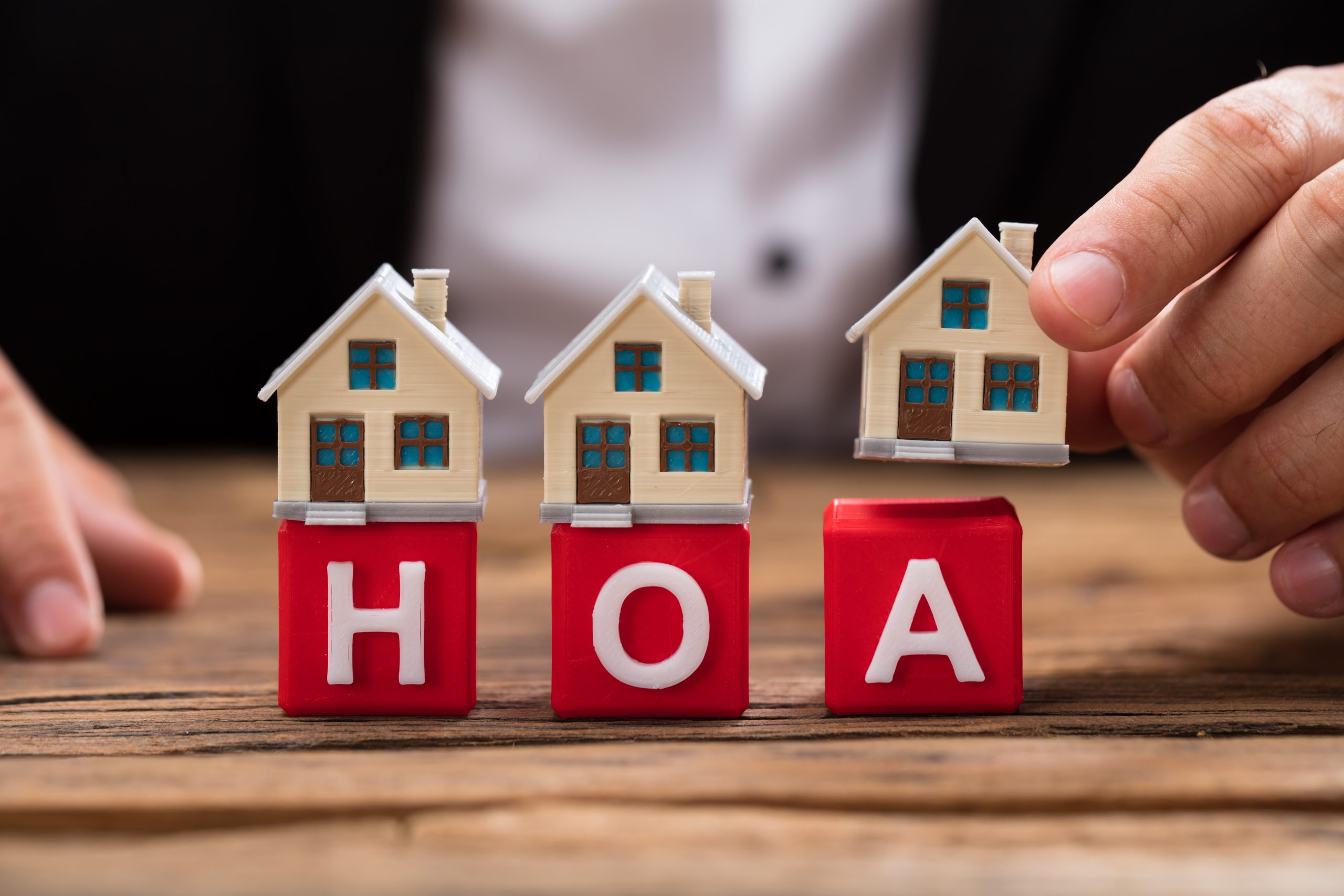Typical Problems Dealt With by Locals in Condo HOA Communities
Typical Problems Dealt With by Locals in Condo HOA Communities
Blog Article
How Condominium HOA Regulates Shared Spaces and Enhances Area Harmony
The governance of common spaces within a condo association plays an essential role in fostering neighborhood cohesion and preserving home worths. With the establishment of extensive standards, the Condo HOA not only regulates the use of public amenities yet additionally promotes a culture of regard and liability amongst citizens.
Duty of the HOA
The property owners organization (HOA) works as the regulating body for condominium neighborhoods, playing an essential duty in keeping the residential property and advertising a cohesive living environment. It is accountable for enforcing and enacting community regulations and regulations, which are developed to protect the visual worth and performance of the shared area. This governance guarantees that all locals comply with a standardized collection of expectations, promoting a sense of unity among diverse home owners.
In Addition, the HOA handles the economic elements of the neighborhood, including budgeting, accumulating fees, and maintaining typical areas. This financial oversight is crucial in making certain that essential maintenance and renovations are carried out without delay, improving residential property values with time. The HOA likewise functions as a liaison in between locals and external entities, such as city government and company, resolving communal concerns effectively.
Additionally, the HOA frequently arranges neighborhood events and programs, encouraging neighborly communications and building relationships amongst residents. By helping with open communication and resolving complaints, the HOA adds to an unified living setting. Hence, its diverse role is necessary in ensuring the smooth procedure and total complete satisfaction within condo communities.
Regulations for Shared Areas
Effective governance in condo areas demands clear regulations for shared areas, which are vital for preserving order and advertising a feeling of community amongst locals. These regulations function as standards that guarantee every person can take pleasure in common areas, such as swimming pools, yards, and recreational facilities, without dispute.

In addition, tidiness and upkeep requirements are essential, usually stipulating that homeowners should cleanse up after themselves and report any problems to the home owners' organization. By plainly interacting these expectations, the HOA can urge and minimize misconceptions respect among locals.
Inevitably, distinct guidelines for shared rooms add to the general high quality of life in a condo community, enabling citizens to exist together quietly while delighting in the amenities that boost their living experience. condo hoa.
Significance of Neighborhood Guidelines

Community standards play a substantial duty in fostering a respectful and natural atmosphere within condominium associations. These guidelines establish clear expectations for residents, advertising a sense of accountability and shared duty. By marking acceptable behaviors and practices, neighborhood guidelines aid avoid misunderstandings and problems amongst homeowners.
In addition, these guidelines function as a framework for preserving the useful and aesthetic integrity of common rooms. They guarantee that all locals adhere to criteria pertaining to home maintenance, noise degrees, and use of communal centers. This uniformity not just improves the aesthetic appeal of the neighborhood but best site additionally contributes to overall property worths, profiting all property owners.

Problem Resolution Techniques
Navigating conflicts within a condominium organization requires an organized approach to make sure efficient and reasonable resolution. Reliable dispute resolution approaches typically start with open interaction, urging locals to voice problems in a respectful way. Developing a marked network for grievances, such as a suggestion box or an on the internet forum, can facilitate this process.
Arbitration is another important technique, wherein a neutral 3rd party helps challenging citizens get to a mutually reasonable service. This technique cultivates collaboration and understanding, reducing hostility - condo hoa. The HOA board should also create clear treatments for addressing problems, making sure all events know the actions involved
Normal problem resolution training for board participants can improve their capability to deal with disputes efficiently. Using a distinct structure, such as the "Interest-Based Relational Strategy," assists focus conversations on rate of interests instead than settings, promoting a solutions-oriented state of mind.
Benefits of Community Harmony
Cultivating area harmony within a condominium association brings many benefits that boost the general living experience for citizens. A harmonious community urges partnership and participation amongst next-door neighbors, bring about a much more jovial environment. When residents really feel recognized and connected, they are most likely to involve see here now in common activities and join decision-making processes, resulting in a stronger feeling of belonging.
Furthermore, neighborhood consistency considerably reduces problems and misconceptions, which can otherwise interfere with life. A tranquil environment lessens anxiety and promotes mental health, enabling residents to appreciate their homes fully. In addition, harmonious partnerships commonly translate right into boosted residential or commercial property values, as possible purchasers are drawn to neighborhoods defined by security and teamwork.

Final Thought
In recap, the function of the Apartment HOA is essential in promoting and governing common spaces area harmony. condo hoa. Via the facility of clear rules and area standards, locals are encouraged to keep a answerable and considerate environment. Reliable problem resolution techniques better enhance communication and partnership among read the article residents. Eventually, the initiatives of the HOA add to a cohesive community, promoting both residential property values and general resident satisfaction. The favorable influence of these initiatives is vital for continual public health.
Additionally, the HOA usually arranges neighborhood occasions and programs, encouraging neighborly interactions and constructing relationships amongst homeowners. By defining acceptable habits and methods, neighborhood guidelines assist avoid misconceptions and problems amongst citizens.
Furthermore, neighborhood guidelines assist in efficient communication amongst citizens and the Homeowners Organization (HOA) With the establishment of clear guidelines and community guidelines, locals are urged to keep a responsible and respectful environment. Ultimately, the initiatives of the HOA add to a natural neighborhood, advertising both building worths and general resident complete satisfaction.
Report this page